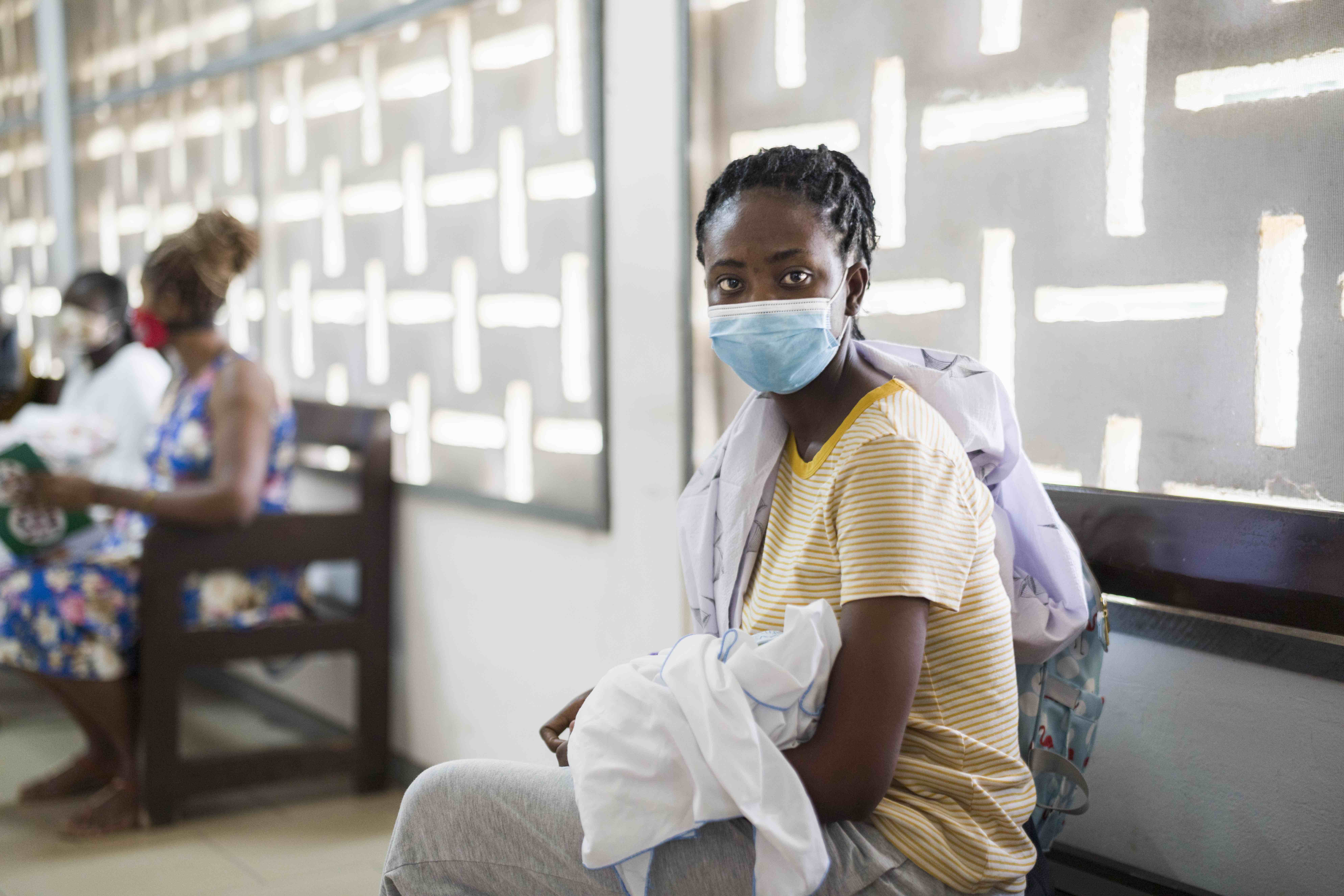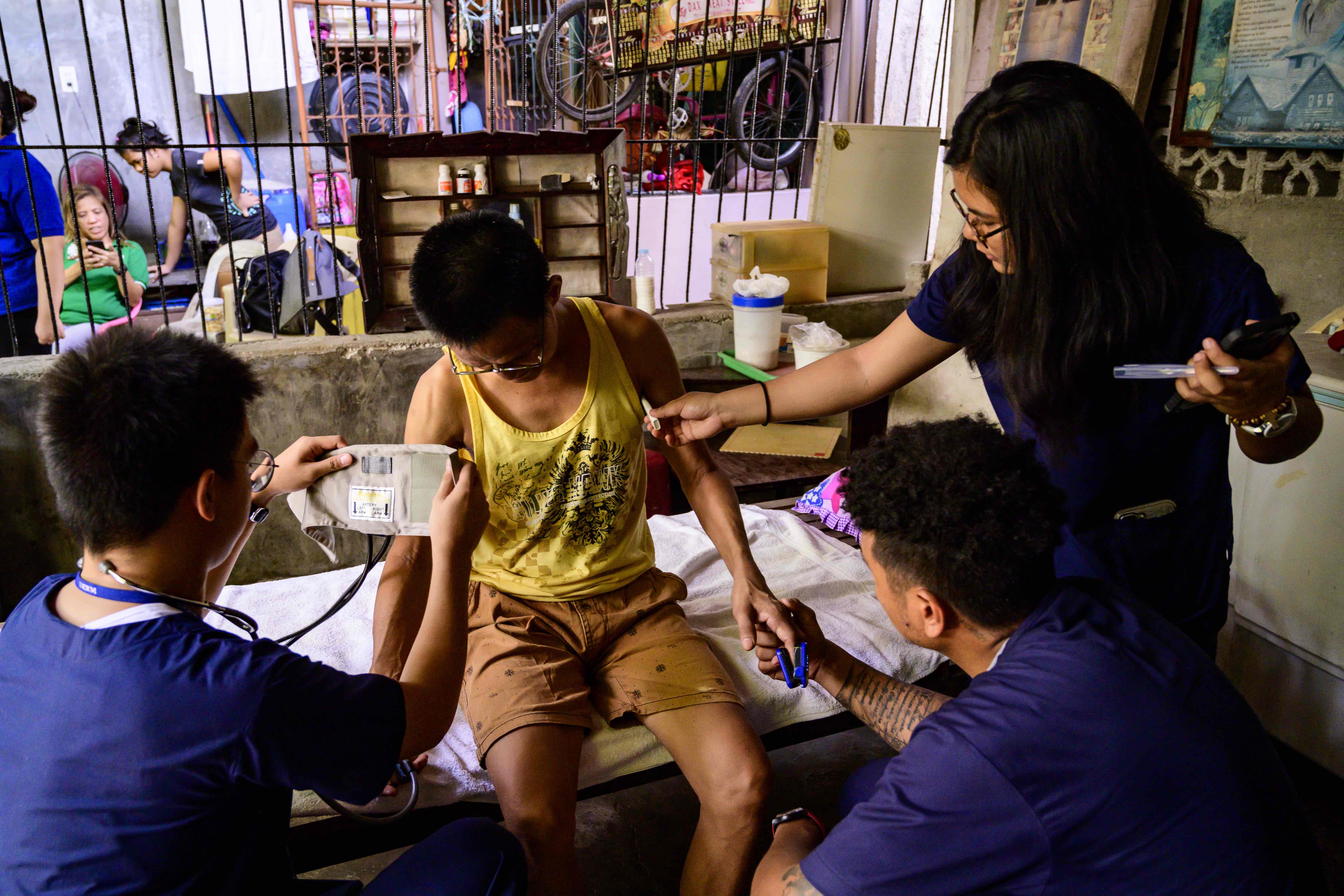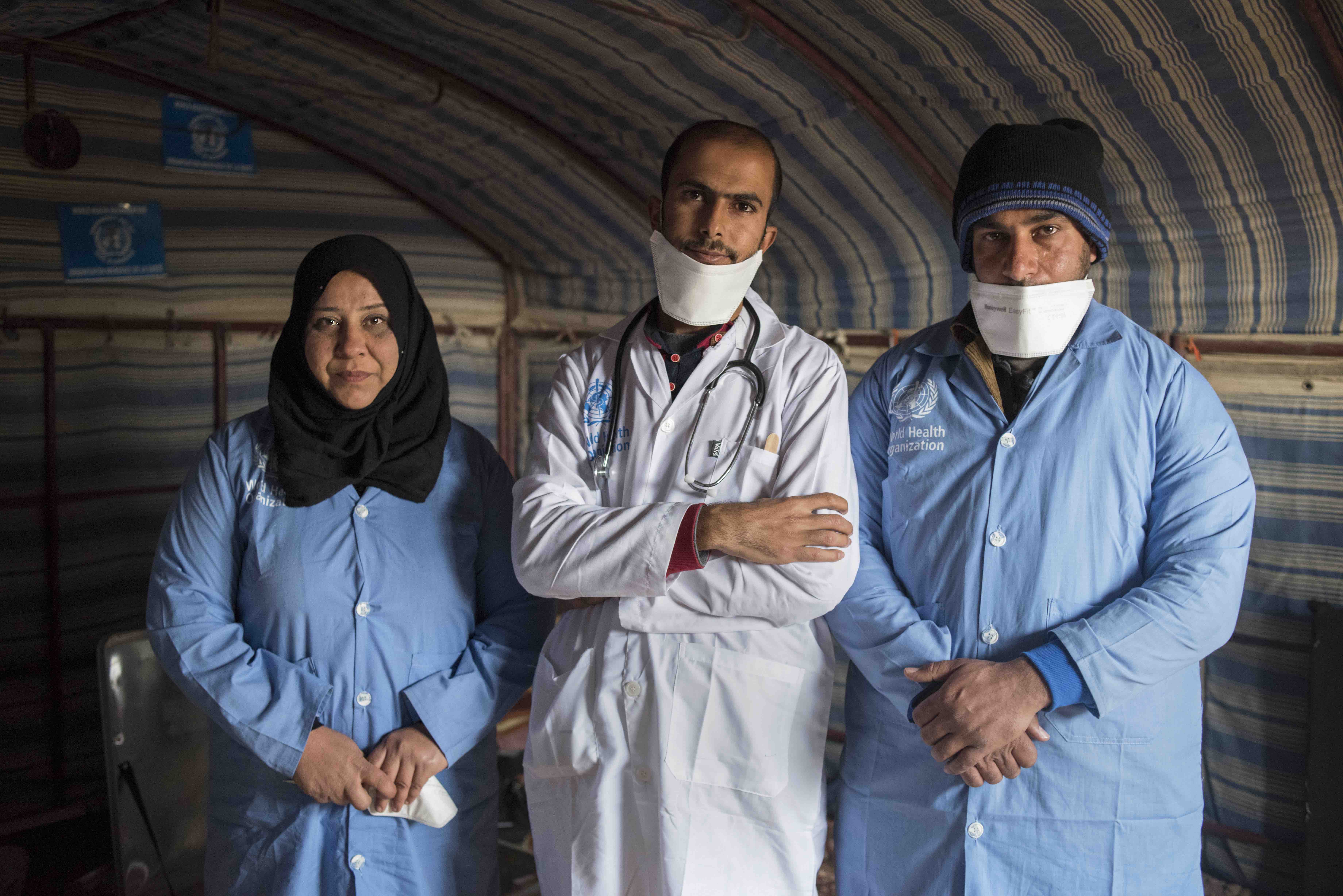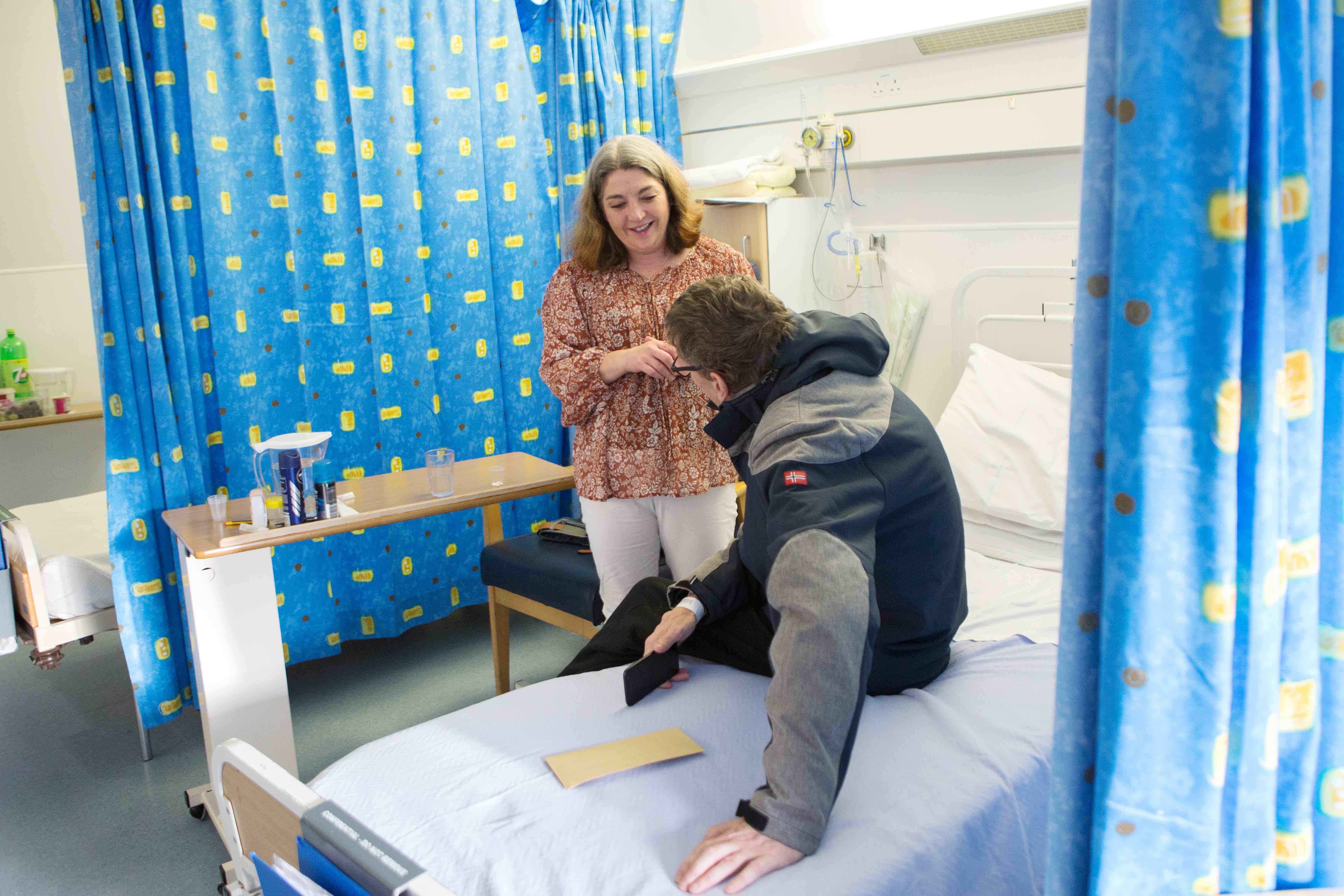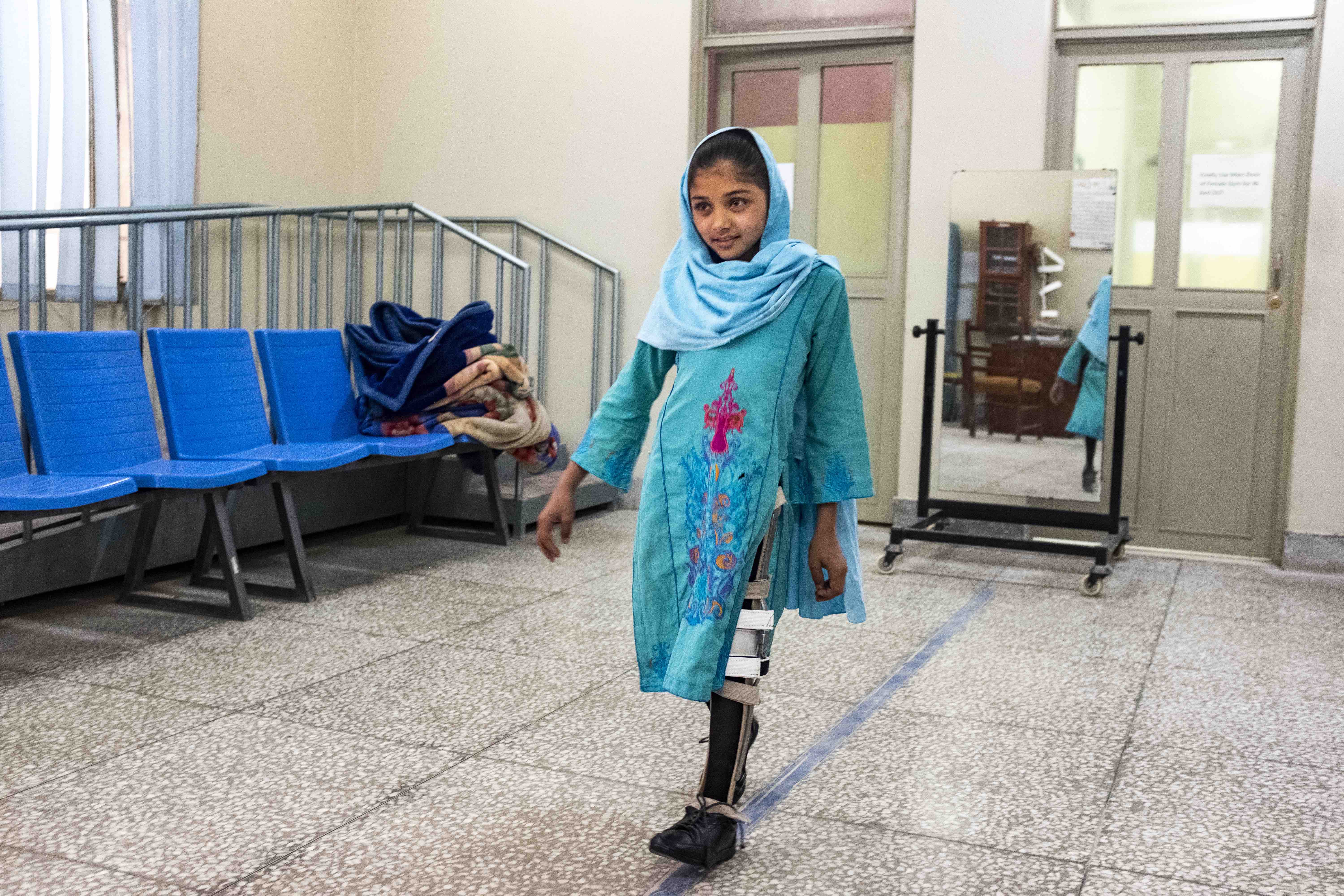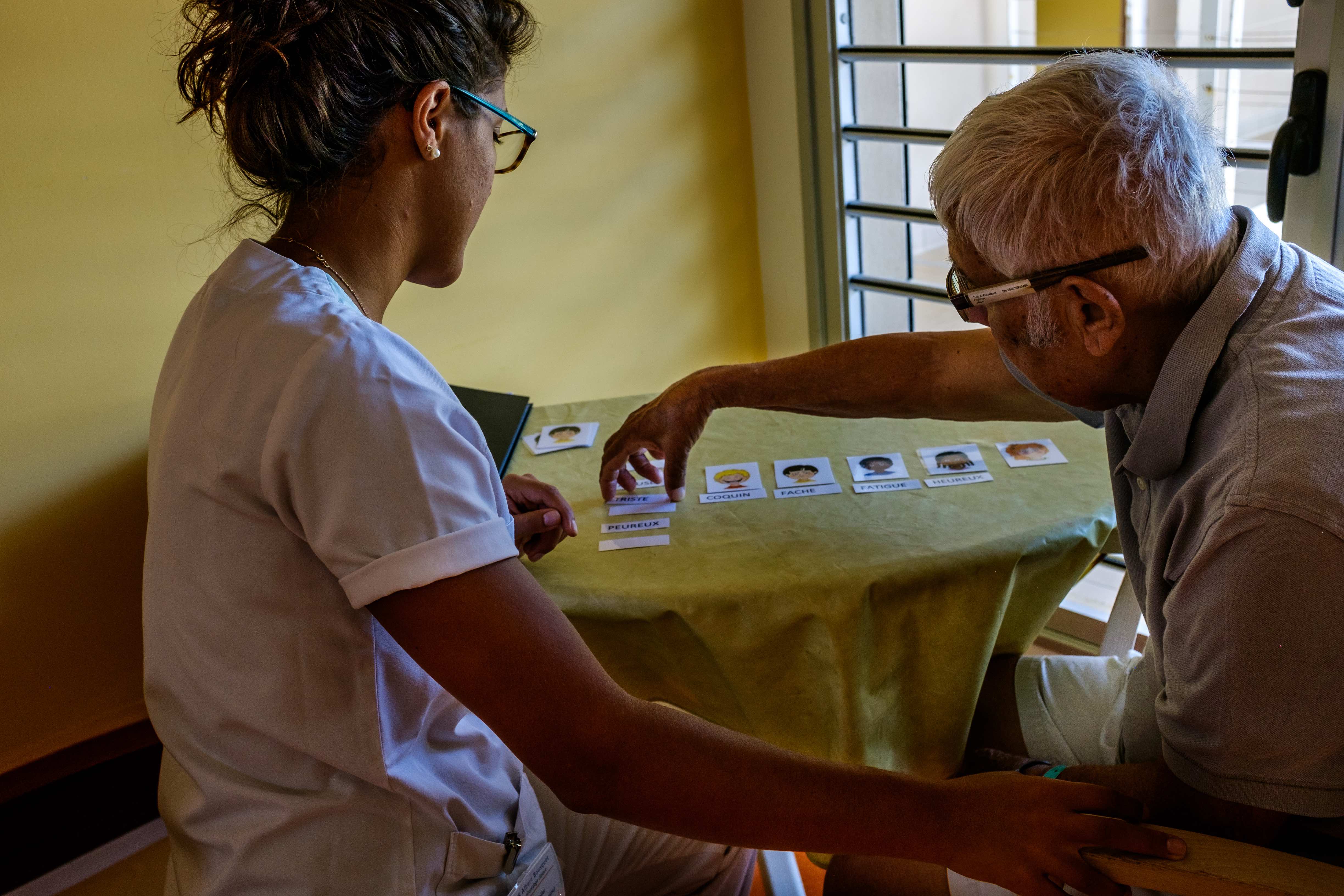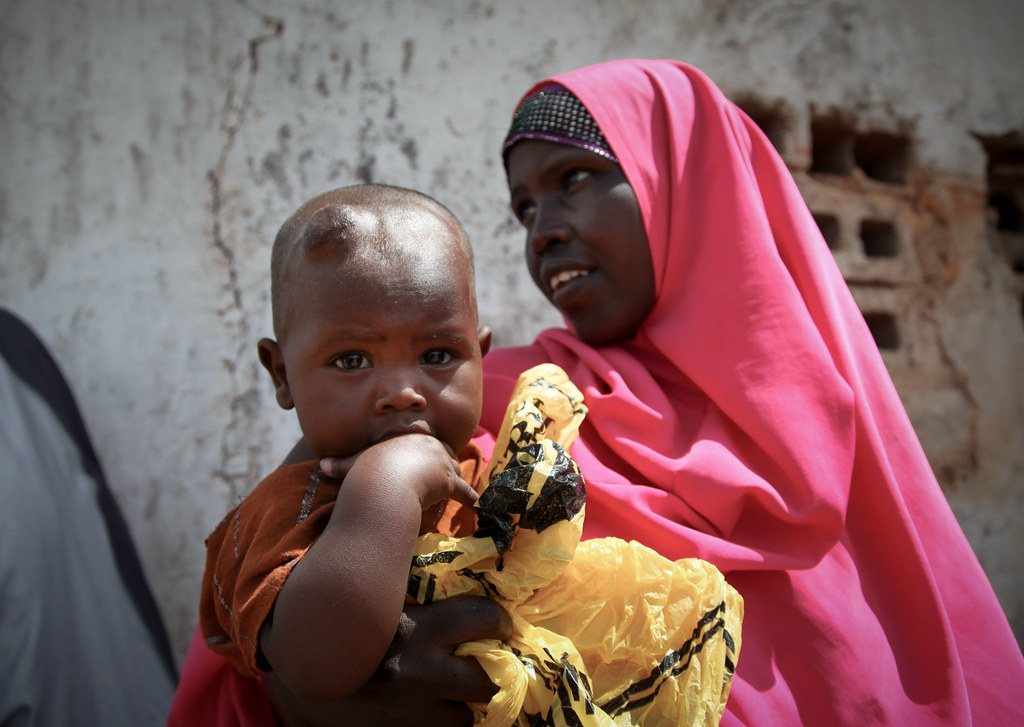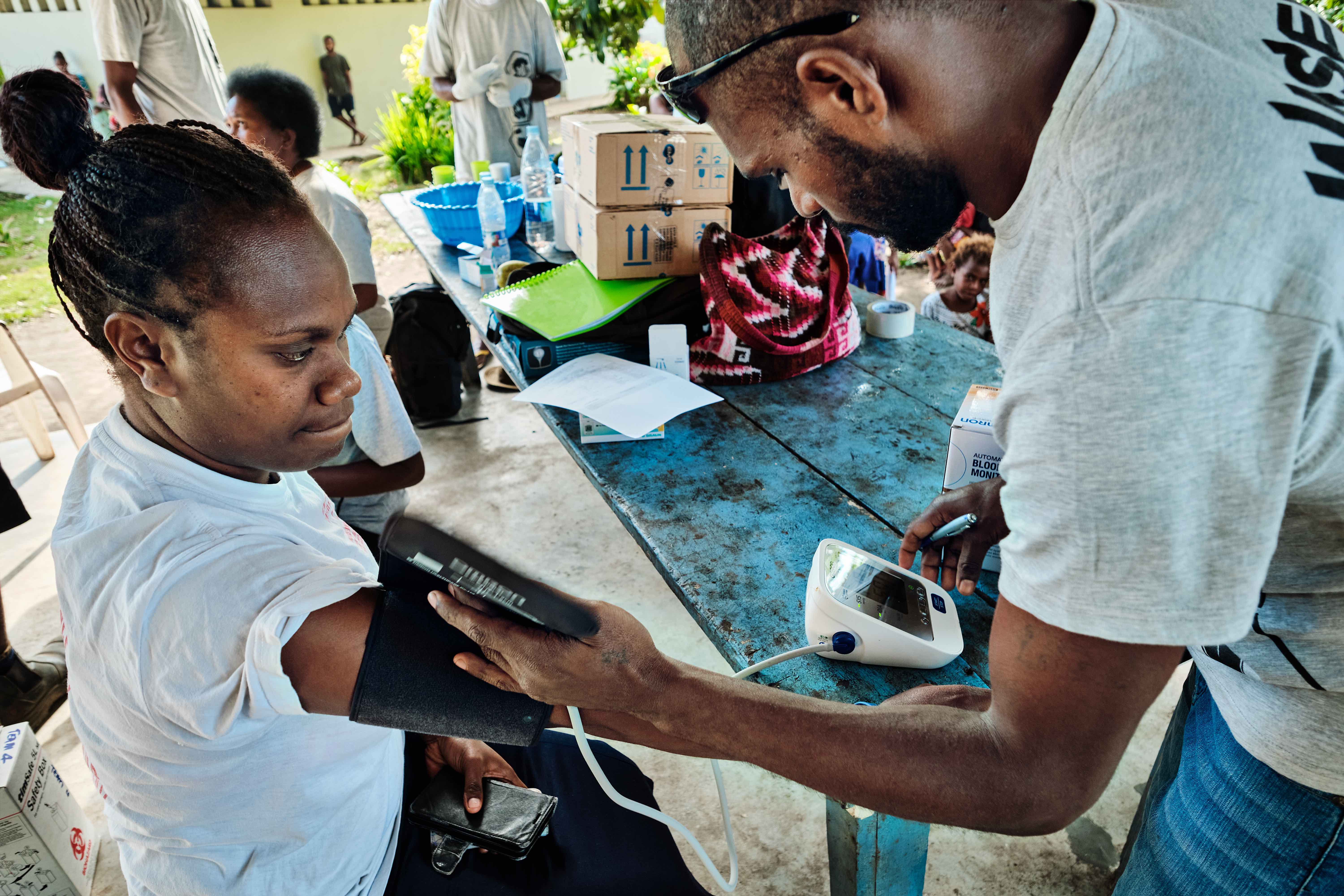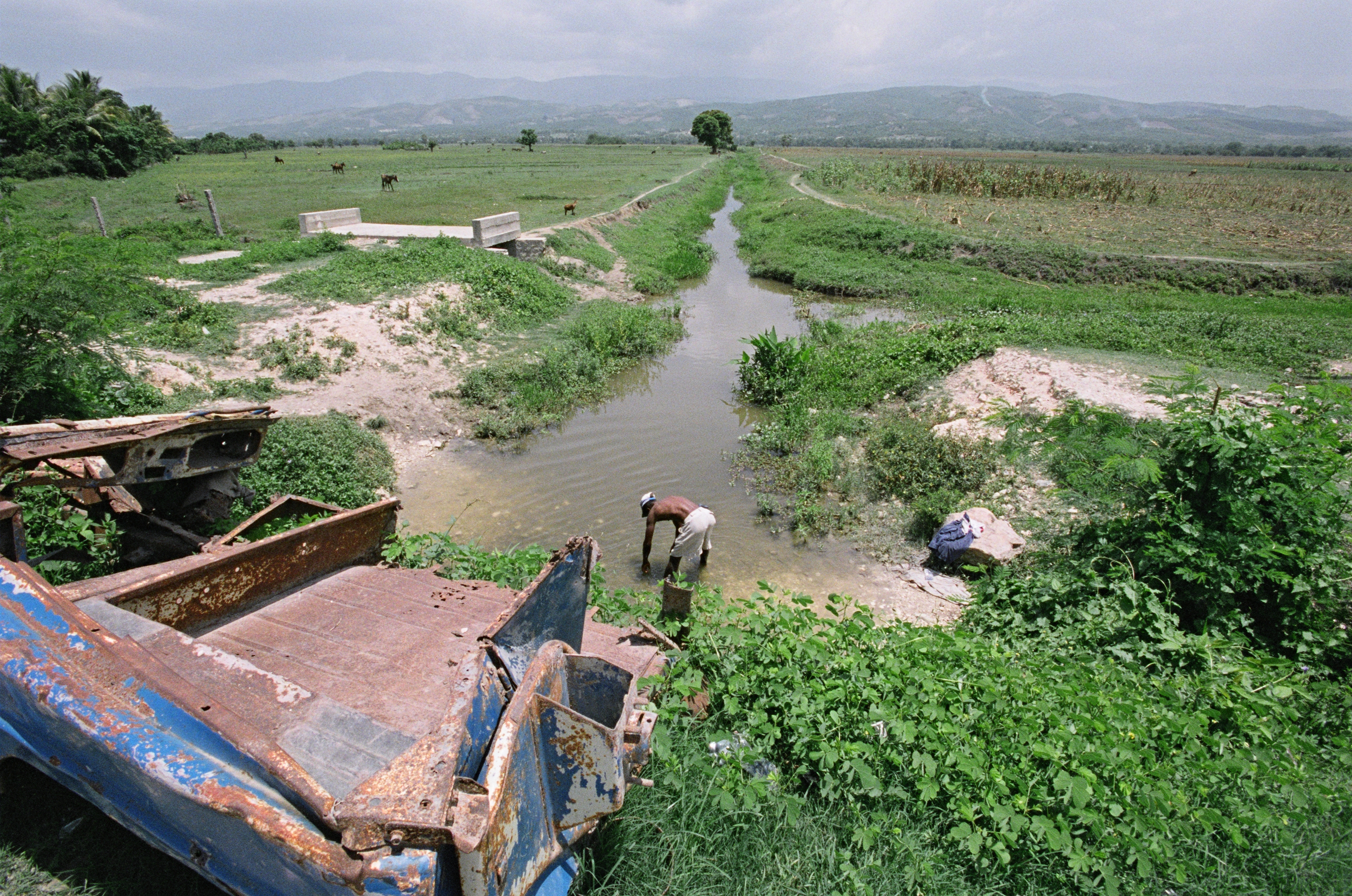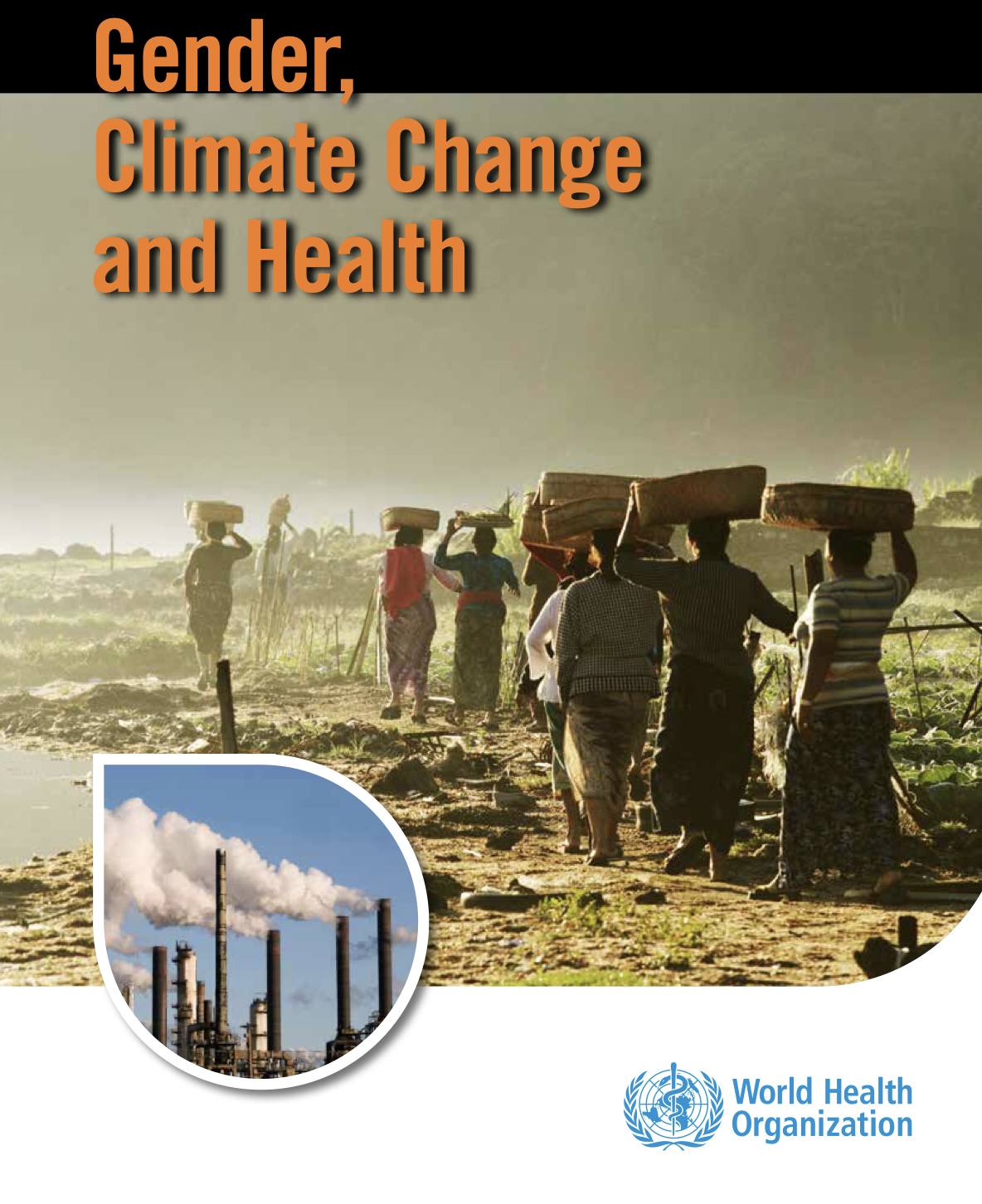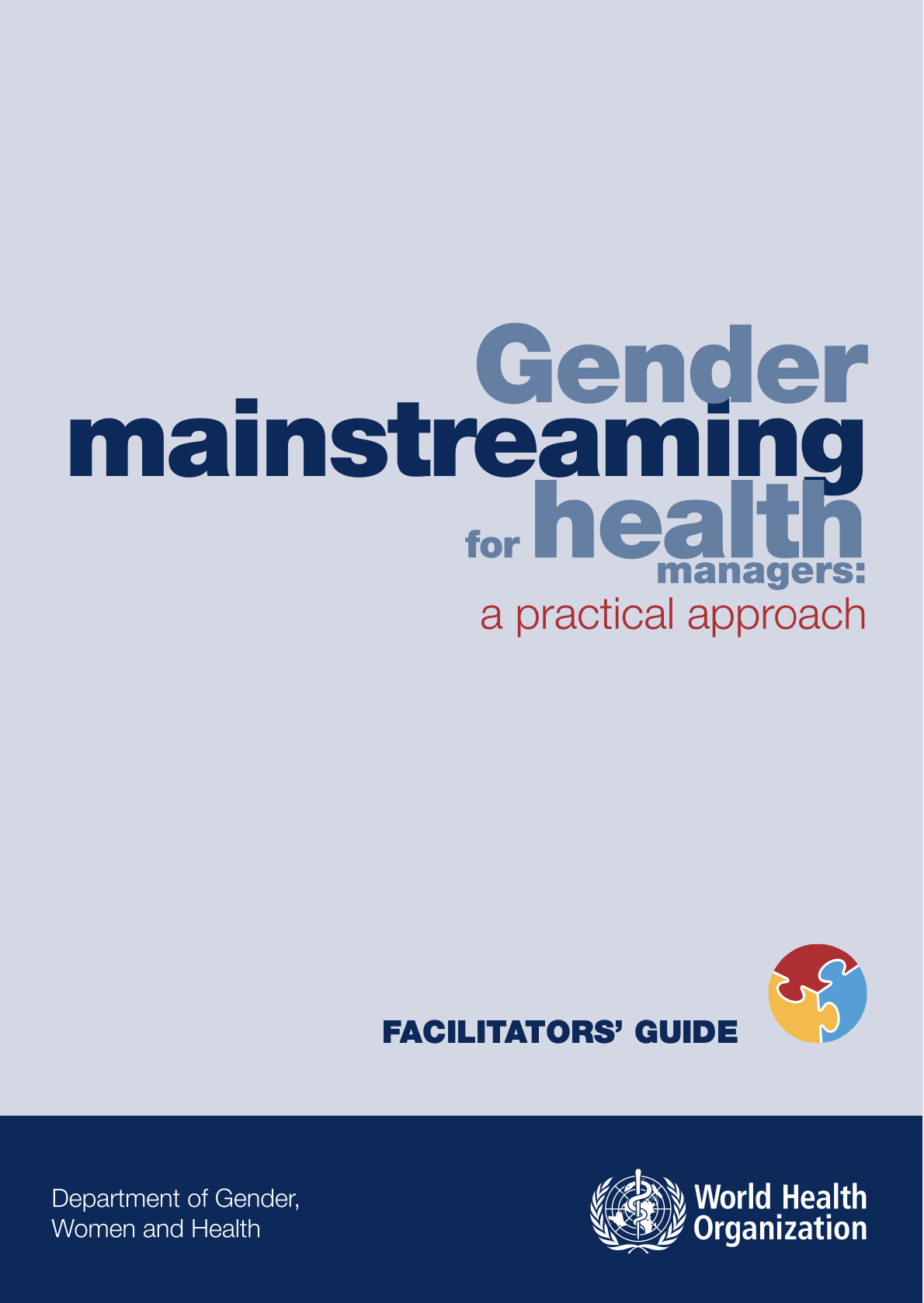NCD Alliance
Delivering healthy lives and well-being for women and girls
Briefs & Fact Sheets
07 Jun 2019
With Noncommunicable Diseases (NCDs) causing two of every three deaths of women each year, action to implement Universal Health Coverage (UHC) must recognise and address sex and gender differences in NCD risk factors, care pathways and outcomes if se...


